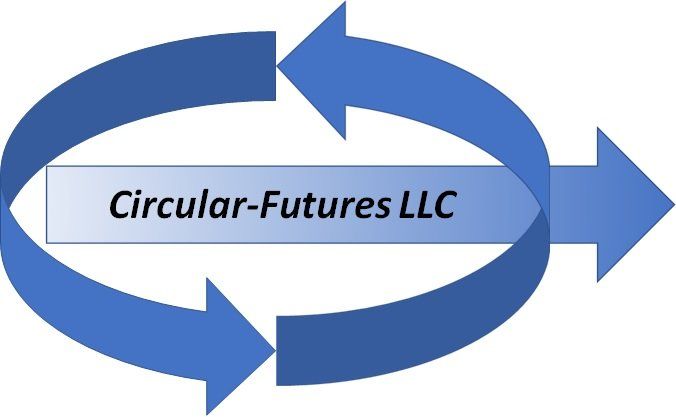The Changing Landscape of Recycling:
The New Dialogue of Producer Responsibility
Session 2B - Student Design, Plasma Case Study and Changing Landscape in Recycling
Tuesday, October 12, 2021
5:00 p.m. to 5:30 p.m.
Presentation Description:
The recognition of ocean waste as a global issue, often driven by both design (i.e. single use materials) and inadequate or non-existent infrastructure to collect, sort and process materials. Policy solutions like Deposit-Return Systems (DRS) and Extended Producer Responsibility (EPR) are often cited as solutions, yet need to be tailored to the current state of the local infrastructure, the level of municipal or private entities engaged, the Producer Responsibility Organization controlling the system as well as the level of public education and awareness. In addition, producers need to consider packaging design that uses commodities that can successfully be collected, sorted, processed to a viable end-market. This session will discuss the how EPR fits into a broader process of recovering packaging materials for re-use, some of the challenges and successful practices and the critical importance for producers to have some modicum of control over materials
Speaker Biography:
Bruce Karas is currently the Principal of Circular-Futures LLC and the former VP of Environment & Sustainability for Coca-Cola North America. He has more than 30 years of experience as an Environment, Health and Safety professional and has practiced in a wide range of Industrial operations in North America. Bruce led Coca-Cola North America’s environmental efforts focused on water stewardship, climate protection, energy efficiency, sustainable packaging and recycling and sustainable agriculture. Under his leadership Coca-Cola North America and The Coca-Cola Company achieved its global goal to replenish 100 percent of the water used its beverages and return it to nature. Bruce’s team is also responsible for developing the strategy and plans to help Coca-Cola achieve its global goal to collect and recycle a bottle or can for every one sold globally by 2030. In support of this goal, the team works with NGO partners and local governments to improve access to recycling and bring innovative solutions to the marketplace that will help drive a circular economy


